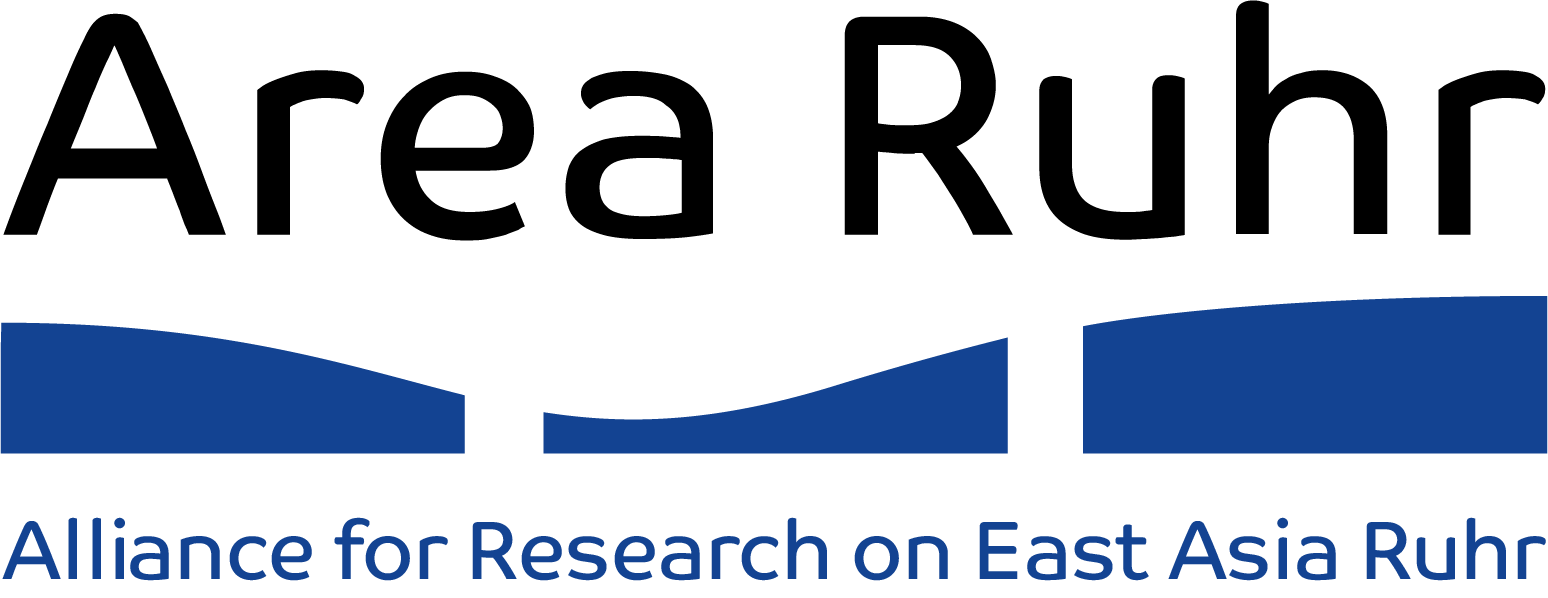Research focus
Transnational interaction, processes, and structures have become increasingly important in today’s world, whether it be in the economic, social, political, or cultural realm. However, transnationalisation does not necessarily evolve at the global level, rather it is often regional in scope.
At AREA Ruhr we concentrate our research on transnationalisation in East Asia. This is one of the most vibrant and increasingly influential world regions, and here we specifically scrutinize East Asian regional institution building, identity-formation, and the interaction between both processes. By applying regional, transnational, and comparative approaches to the study of East Asia, we aim to overcome the narrow, single-country focus still dominant in this field of study.
Furthermore, the traditional scholarship on East Asia deals either with the language, culture and history of one particular country, or with social, political, and economic phenomena within one individual state. At AREA Ruhr our goal is to transcend this artificial separating line between the humanities/cultural studies on the one hand and social/economic sciences on the other, firmly basing our research on multidisciplinary perspectives instead. Such an approach allows us to explain the complex interaction of social, political, economic, historical and cultural developments in East Asian institution building and identity-formation in a well-informed and highly nuanced way, as well as to make important contributions to the emerging scholarship on transnationalisation.
AREA Ruhr’s approach of aligning transnational and transcultural perspectives on regional institution building and identity formation is also reflected in its two innovative study programs. These are a one-year master program in Transnational East Asian Studies (MA TEAS) and a three-year doctoral program on Transnational Institutions and Transnational Communities in East Asia.
AREA Ruhr Programmes and Activities
Since 2016, AREA Ruhr conducts the AREA Occasional Lecture series, hosting several lectures by AREA Ruhr members per year. Additionally, guest lectures took place from 2019 to 2022 as part of the doctoral programme. For students of the Faculty of East Asian Studies (RUB) and the Institute of East Asian Studies (UDE), AREA Ruhr offers assistance in enrolling in Open MA Courses conducted at the respective other institute. A doctoral programme on “Transnational Institution Building and Transnational Identities in East Asia”, funded by the Mercator Research Center Ruhr, kicked off in 2017 and was concluded in 2022. It was replaced in 2023 with the Research Training Group GRK 2833 “East Asian Futures” (see Affiliate Programs). In late 2021, AREA Ruhr started an annual event called “AREA Tag” (AREA Day) which seeks to explore traces of East Asia in North Rhine-Westphalia (“Auf den Spuren Ostasiens in NRW”) and to introduce them to a general audience.
Third Party-funded Programmes
The Research Training Group “East Asian Futures” (GRK 2833) is a graduate programme funded by the German Research Council that, starting in 2023, aims to train doctoral researchers about conceptions relating to the future in East Asia. It is based at the Faculty of East Asian Studies of Ruhr University Bochum and at the Institute of East Asian Studies of the University of Duisburg-Essen.
Both the China Competence Network Ruhr Niederrhein (C-NET RNR) and the project Corporate Innovation In and With China (UIIChina) are projects funded by the German Federal Ministry of Education and Research. While UIIChina examines the driving forces behind the design of the Chinese innovation system and its integration into the international context with a particular focus on German and European companies, C-NET RNR aims to enable the sustainable expansion of regional China expertise through networking, knowledge exchange and a wide range of events and flexibly accessible knowledge modules for the management of China cooperation.

Research Training Group “East Asian Futures” (GRK 2833)


